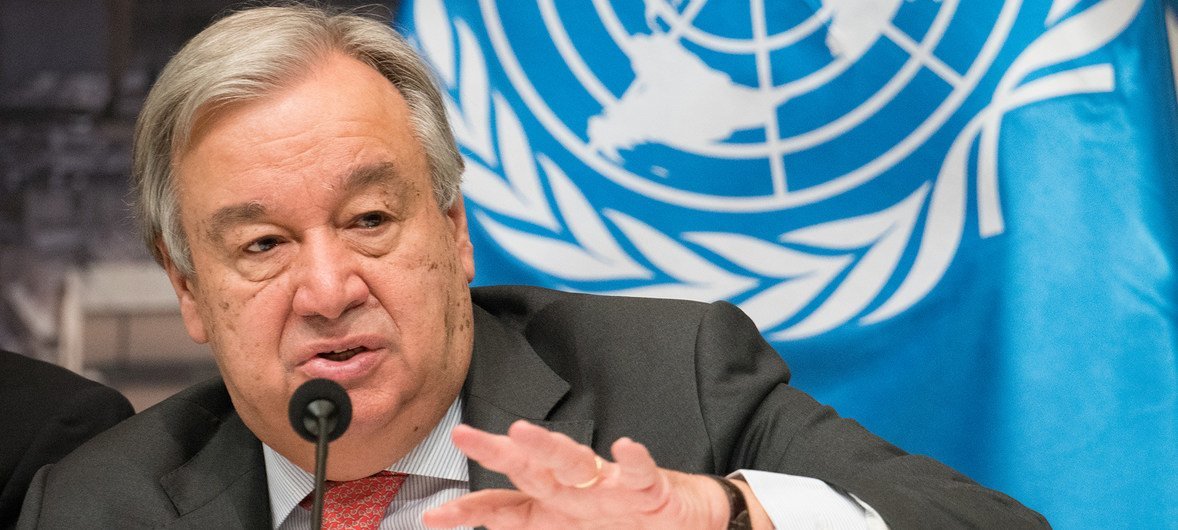UN welcomes Sudan PM appointment urges peace and inclusive government


Geneva – United Secretary-General Antonio Guterres has taken note of the recent appointment of a new prime minister in Sudan- the first such move in three years – and expressed hope that it marks a step toward a comprehensive resolution to the country’s ongoing crisis.
In a press briefing on Wednesday, May 21, UN spokesperson Stephane Dujarric said the Secretary-General “hopes this appointment contributes to an inclusive consultation process that results in the formation of a broadly representative government and achieves peace.”
Dujarric stressed that national consensus should remain the top priority. “This step must lead to an end to the war and provision of essential services to the Sudanese people,” he added 4
On May 19, 2025, Sudan’s transitional Sovereign Council head and army chief General Abdel Fattah al-Burhan issued a decree appointing Kamal El-Tayeb Idris as prime minister. The decision marks the first appointment to the position since former premier Abdallah Hamdok resigned in January 2022.
Hamdok’s resignation followed his brief reinstatement in November 2021 as part of a deal with the military, which had staged a coup in October that year, triggering a constitutional crisis and mass protests across the country.
Kamal Idris, a former United official, now takes on the challenging task of leading a transitional government amid a violent conflict between the Sudanese Armed Forces (SAF) and the paramilitary Rapid Support Forces (RSF), a war that has displaced millions and triggered a humanitarian catastrophe.
The announcement has drawn mixed reactions from Sudanese political circles. While the African Union welcomed the move, several political parties and civil groups critics the lack of clarity surrounding the prime minister’s powers. Critics argue that recent amendments to the constitutional document in February 2025 have concentrated executive authority in the hands of the Sovereign Council’s head, raising questions about the independence and efficacy of the new government.
Analysts have also noted that Idris will be constrained by previsions in the constitutional framework that preserve the share of Armed movements in key government ministries- particularly those tied to the economy, such as the ministries of Finance and minerals. These positions are currently controlled by signatories of the 2020. Juba Peace Agreement , many of whom have sided with the SAF in the current conflict.
While the appointment signals a potential shift in Sudan’s political landscape, the broader context- marked by deep national divisions, war, and weakened institutions- continues to cast doubt on the prospects for immediate change.
The UN and international stakeholders have consistently called for a return to civilian-led governance in Sudan, urging all parties to end hostilities and commit to an inclusive political process that centers the voices of civilians, especially those affected by war. Whether Idris’s appointment will help move the country in the direction remains to be seen.
sudanspost.com